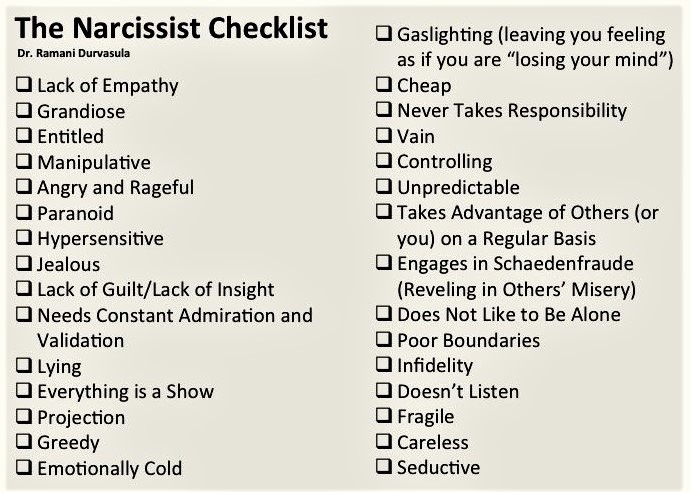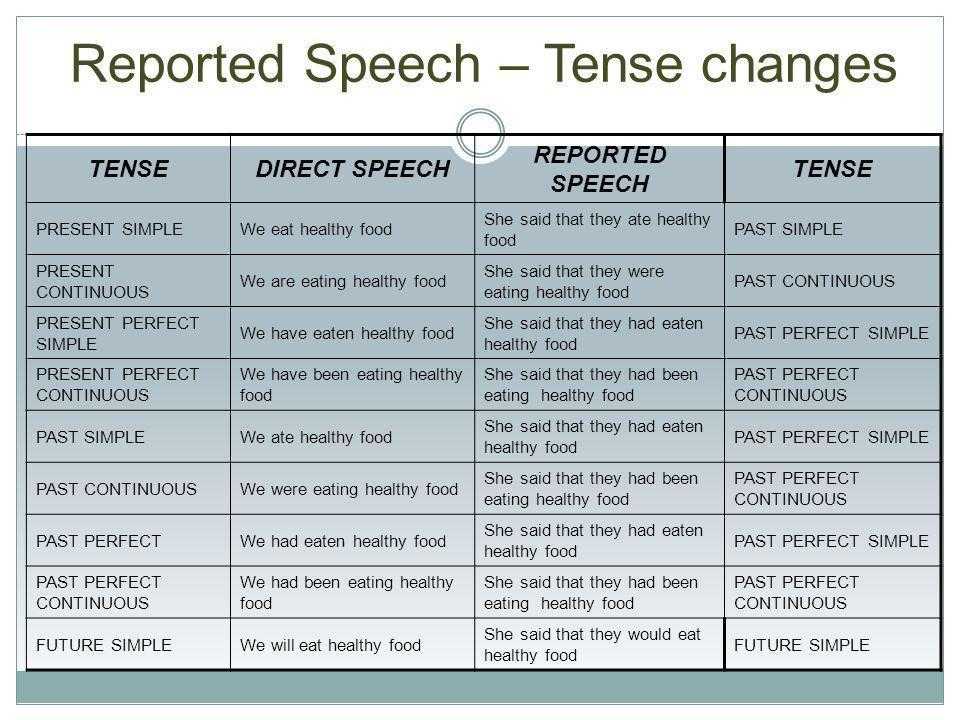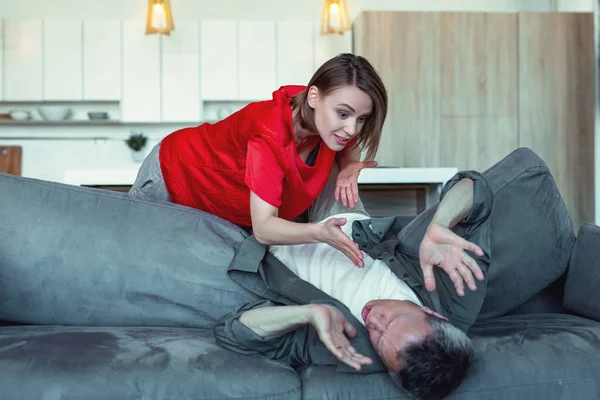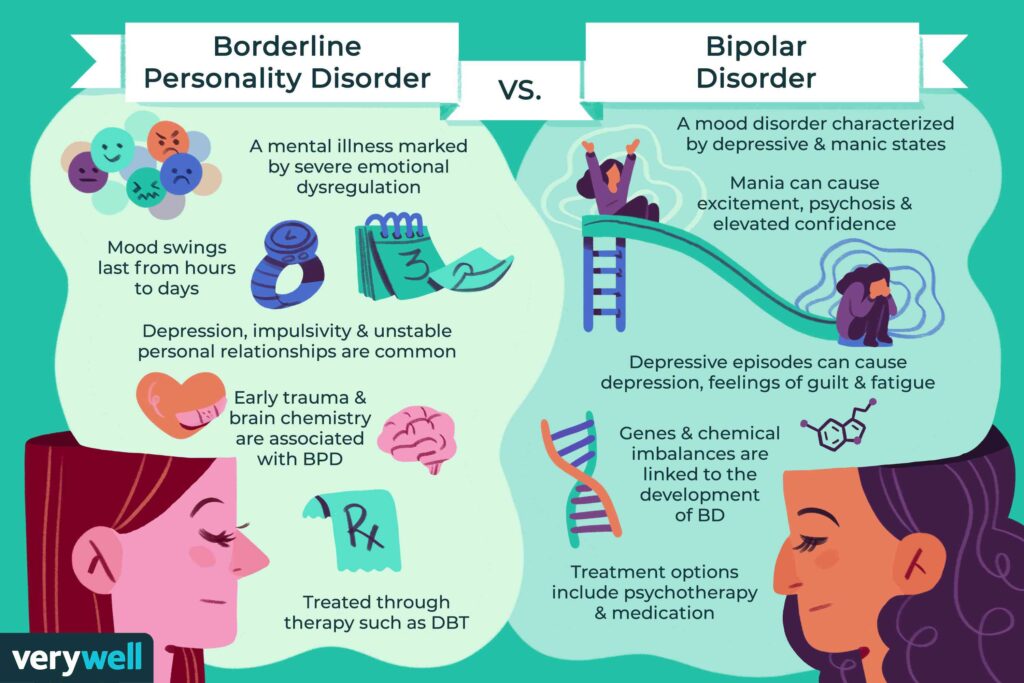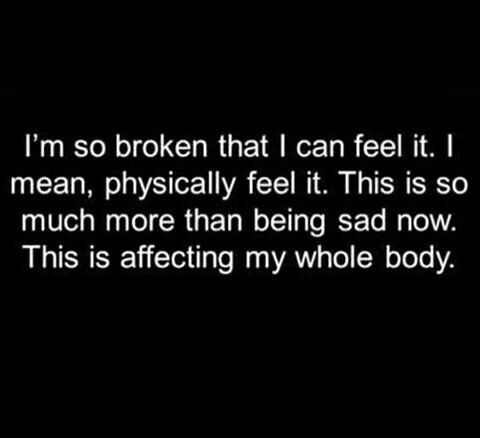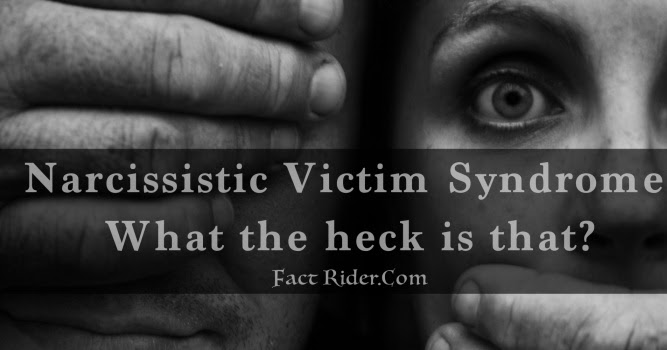Chest pains after panic attack
Panic Attacks and Chest Pain | Chest Pain From Stress
- Home
- Blog
- How to relieve chest pain felt during panic attacks
When someone has a panic attack, chest pain is a common and frightening symptom. It can be so severe, and accompanied by palpitations, difficulty breathing and other physical symptoms of panic attacks, that it makes a person feel as though they are having a heart attack where they worry that they are going to die. Often, it is stress that causes the chest pain.
Can stress cause chest pain during panic attacks?
Your body’s stress responses are activated during a panic attack. These are also known as your ‘fight or flight’ responses.
Contraction of your muscles is one of these stress responses. Your body does this to protect you from danger, as the tension makes you more resilient. This stiffness in your chest wall muscles and nearby areas can cause chest pain both during and after panic attacks.
Another stress response that can be activated during a panic attack is hyperventilation, where you ‘over-breathe’ as your body believes it is going to have to move fast. This can cause you to use your chest muscles to expand your rib cage, causing chest pain when your muscles become tired. This hyperventilation can then cause carbon dioxide levels in your blood to decrease, another factor that can lead to chest pain as well as tingling, dizziness, numbness and a dry mouth.
Stomach and digestive functions also alter during a “fight or flight” response and it is possible for problems with these functions to be experienced as chest pain or tightness.
How long does panic attack chest pain last?
A panic attack will usually last a few minutes but can come in waves and feel more continuous. As people can experience severe chest pain during a panic attack, it is possible to feel soreness afterwards.
Relief for chest pain caused by a panic attack
During a panic attack, the following strategies can help you to manage the symptoms:
- Focus on controlling your breathing – breathe in slowly and deeply through your nose for three seconds, hold for two seconds and breathe out for three seconds.
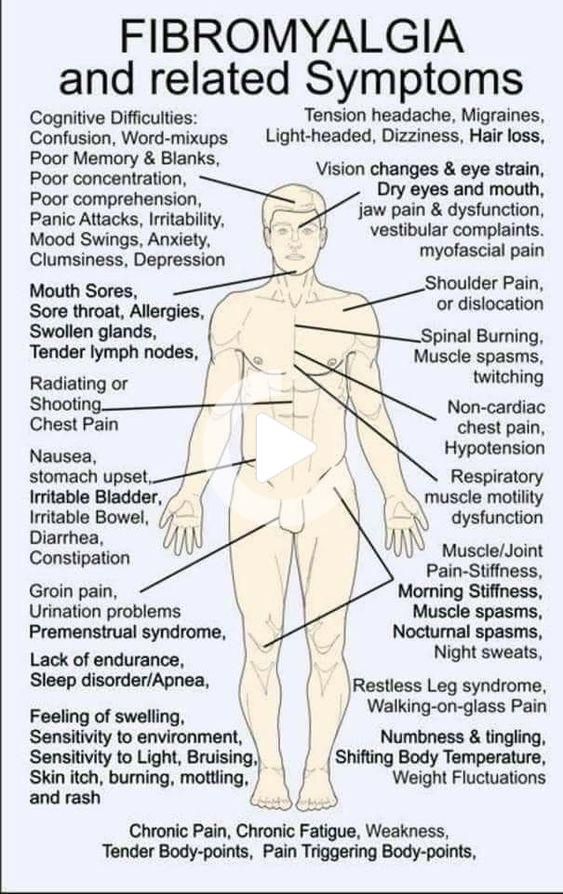 You may want to close your eyes to help you focus. By concentrating on your body and your breathing, you can break the panic cycle, calm your hyperventilation and reduce your chest pain
You may want to close your eyes to help you focus. By concentrating on your body and your breathing, you can break the panic cycle, calm your hyperventilation and reduce your chest pain - Remind yourself that this moment will pass – panic attacks can be incredibly frightening to experience. There are occasions where some may experience anxiety chest pain all day, but when you are having a panic attack, try to repeat a positive phrase such as: “I know this is a panic attack and I know it will pass”. This can serve as a reminder that the moment will disappear just as it appeared. Recognising the transience of a panic attack can help to lessen the worry caused by the symptoms, helping the panic attack to subside
- Refocus – when you feel a panic attack start to pass, begin to focus on your surroundings rather than on the experience. Think carefully about what you can see, hear, taste, smell and touch. You may also want to hone in on a particular object, and think carefully about its shape, colour and size
There are also preventative measures you can take to avoid panic attacks, which include the following:
- Limit your caffeine, alcohol and nicotine intake
- Exercise regularly to relieve tension and boost your mood
- Eating healthy regular meals to keep your blood sugar levels stable
- Get good quality sleep – try to achieve eight hours a night and stick to the same bedtime routine all week
Getting support and treatment for panic attacks
Panic attacks can be incredibly frightening and cause you to worry about if and when another will happen again, causing a ‘vicious cycle’.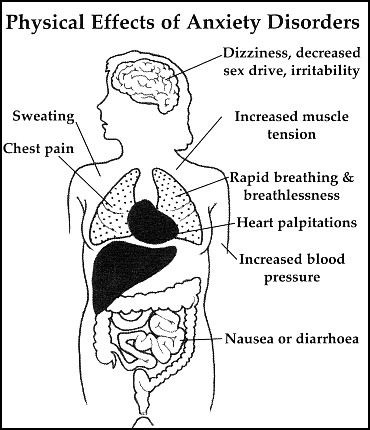
At Priory, we can help you to learn strategies so that you are able to better manage your panic attacks and reduce the likelihood of them happening in the future.
Cognitive behavioural therapy (CBT) is an evidence based treatment available at Priory, where you learn how to identify and reframe your panic attack triggers and anxiety-inducing thought patterns.
Mindfulness sessions are also useful for learning how to identify and move past unpleasant thoughts and sensations without allowing panic to take over. During sessions at Priory, you can also receive relaxation training to understand deep breathing techniques and progressive muscle relaxation.
Exposure treatment may also be used after sessions in relaxation, cognitive reframing and mindfulness. During this time, you have the opportunity to practise the strategies you have learnt, and recognise that you can cope in challenging scenarios.
Certain medications, including selective serotonin reuptake inhibitors (SSRIs), or other medications, may be recommended or prescribed if necessary to further support in the management of your panic attacks.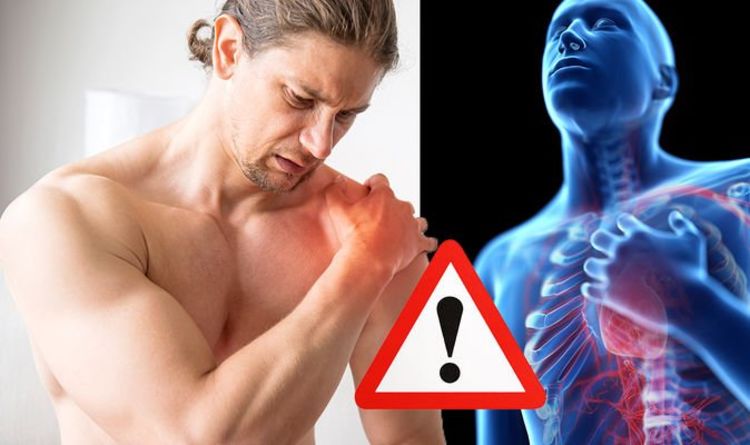
If you think you are having a medical emergency, please seek immediate support.
Blog reviewed by Dr Ed Burns (MBChB, MRCPsych, MSc), Consultant Psychiatrist at Priory Hospital Roehampton
Get in Touch Today
For details of how Priory can provide you with assistance regarding mental health and wellbeing, please call 0800 840 3219 or click here to submit an enquiry form. For professionals looking to make a referral, please click here
Panic Attacks Information
Panic Attack vs. Heart Attack: How to Tell the Difference
Panic Attack vs. Heart Attack: How to Tell the Difference | BIDMC of Boston Skip to content SearchFind a Doctor
Search for doctors by name, specialty, hospital, or location.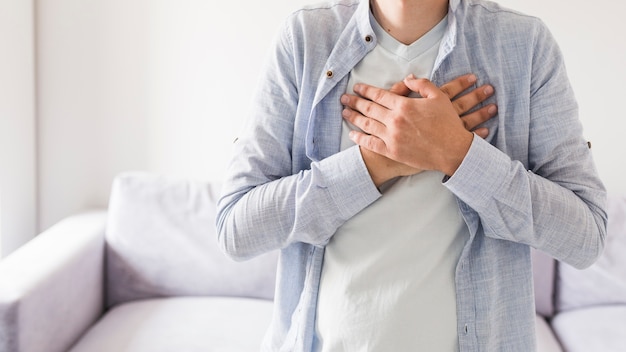
Find a Doctor
For Patients
Call 1-800-667-5356, Monday-Friday, 8:30am-5:00pm or Find a Doctor
For Physicians
For help with specialty consultations, call 617-667-2020, Monday-Friday, 8:30am-5:00pm or refer to our ED
PatientSite
Manage your health care online.
PatientSite Login New User? Sign up now
Medical Records
Pay Hospital Bill
Now available: new PatientSite design and features for a simpler user experience.
Learn more.
Request an Appointment
If you are experiencing a medical emergency, call 911. Please do not use this form.
New Patients
Request
Current Patients
Schedule through PatientSite
Urgent Care
If this is an emergency, call 911 or visit the nearest emergency room.
Chelsea Urgent Care
Chestnut Hill Urgent Care
Dedham Urgent Care
Quincy Urgent Care
Walk-ins are welcome or reserve your spot online.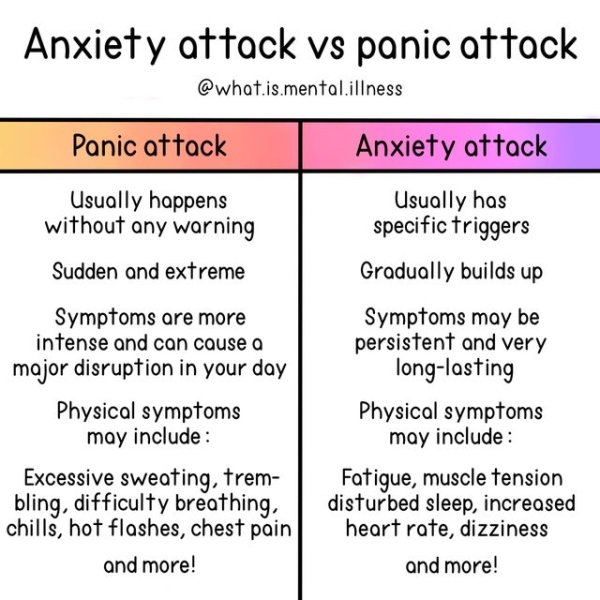
Close
Close Alert
ALERTS & COVID-19 UPDATES
Learn more: COVID-19 Resources; COVID-19 Testing; Vaccine Info; Visitor Policy; Support Us
Heartmail
FEBRUARY 01, 2020
Back to All Articles
Your heart suddenly begins racing. You feel pain in your chest and you are short of breath.
Are you having a heart attack? Or could it be a panic attack?
"Any of these symptoms can be extremely frightening," says Patricia Tung, MD, of Arrhythmia Services at Beth Israel Deaconess Medical Center.
Although they share a number of similarities, the two conditions result from very different disease processes. Panic attacks arise when stress hormones trigger the body's "fight or flight" response, often resulting in racing heart, chest pain and shortness of breath.
In the case of a heart attack, a blockage in a coronary artery may result in the same symptoms.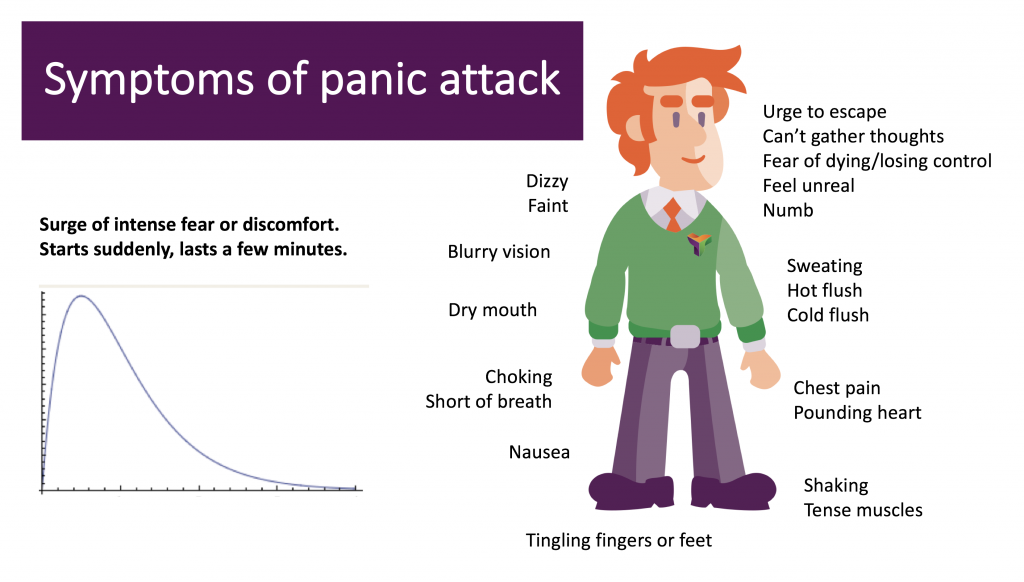 "Chest pain, rapid heartbeat and breathlessness may result when an insufficient amount of blood reaches the heart muscle," says Tung. (See "Symptoms" below.)
"Chest pain, rapid heartbeat and breathlessness may result when an insufficient amount of blood reaches the heart muscle," says Tung. (See "Symptoms" below.)
One of the key distinctions between the two is that a heart attack often develops during physical exertion, whereas a panic attack can occur at rest.
A heart attack is more likely to develop when the work load of the heart increases, for example while a person is shoveling snow or running up the stairs, especially in people who do not routinely engage in physical exertion.
Another difference is duration: Panic attacks tend to gradually subside and resolve on their own within about 20 minutes. A heart attack, however, will often continue and may worsen over time.
You should always seek immediate medical attention if there's any question, says Tung. In women, heart attack symptoms may be milder and could include unusual fatigue and chest discomfort rather than chest pain. It's important not to minimize symptoms, as the situation could quickly escalate.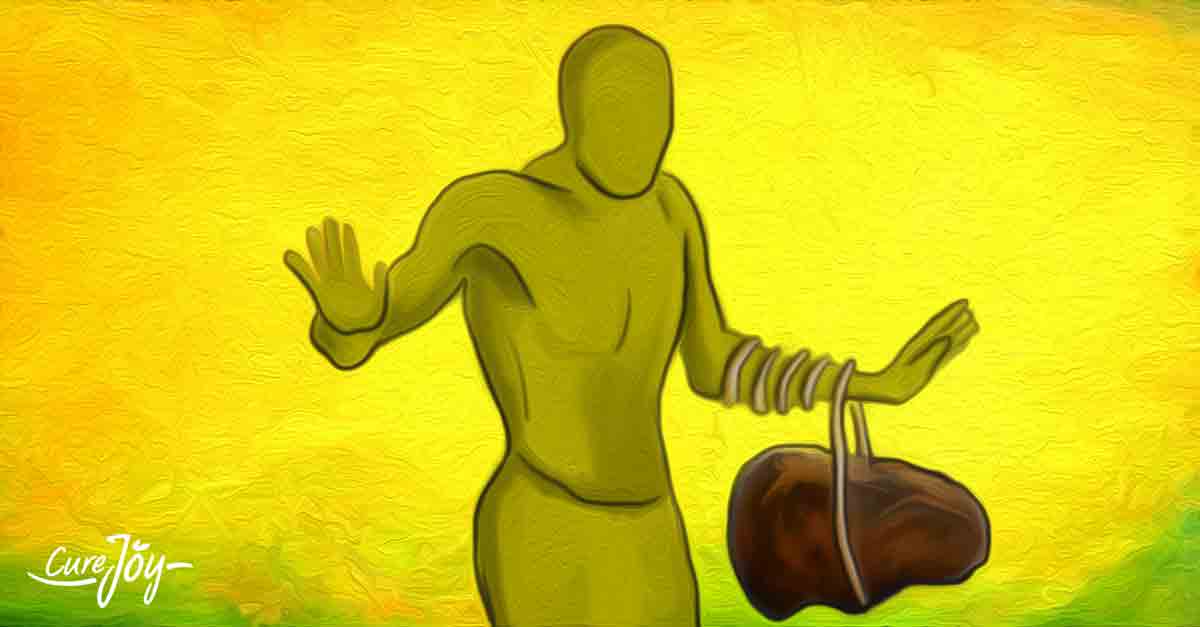 Never hesitate to call 911.
Never hesitate to call 911.
If symptoms are determined to be a panic attack, a number of treatment options are available. These might include integrated therapies that focus on stress management and relaxation techniques such as meditation, acupuncture, yoga and tai chi.
When Your Heart Skips a Beat
Heart palpitations, in particular, can be a source of worry. "People have a heightened awareness of their own heart when they experience palpitations," says Tung. "They may feel like their heart is fluttering or thumping or has suddenly skipped a beat." Palpitations can be a symptom of a panic attack or other cases of short-term or long-term stress or can result from caffeine or certain medications. However, in some cases, palpitations are a symptom of a condition known as an arrhythmia or irregular heartbeat. "Arrhythmias, such as atrial fibrillation, are serious conditions that should not be ignored," says Tung. "If you are experiencing frequent palpitations, your physician can conduct an exam and may conduct additional tests to determine if palpitations are caused by stress or underlying heart disease. " Tests might include an electrocardiogram with a Holter monitor, a portable machine worn at home for 24 to 48 hours to monitor your heartbeat during day-to-day activities.
" Tests might include an electrocardiogram with a Holter monitor, a portable machine worn at home for 24 to 48 hours to monitor your heartbeat during day-to-day activities.
The following are typical symptoms of heart attack and panic attack. Always contact your doctor or call 911 if you have any questions.
Heart Attack
- Squeezing pain and pressure in the chest
- Sudden onset during or following physical activity (i.e., climbing the stairs or shoveling snow)
- Pain that radiates to the arm, jaw or shoulder blades
- Pain and symptoms that get worse over time
- Shortness of breath
- Near fainting
- Sweating
- Nausea and vomiting
Panic Attack
- Increased or racing heart rate
- Sudden onset or onset during extreme stress or anxiety
- Pain that gets better over time
- Symptoms that resolve within 20 to 30 minutes
- Shortness of breath
- Sweating
- Tingling in the hands
 For advice about your medical care, consult your doctor.
For advice about your medical care, consult your doctor.View All Articles
Heart attack and panic attack: how to tell the difference?
The difference between a heart attack and a panic attack worries many people. It is especially acute in persons who, with persistent periodicity, experience discomfort in the chest, increased sweating, dizziness, shortness of breath and trembling.
Medical examination is the only way to determine the type of attack, since it is difficult to identify a person's condition by subjective indicators. However, understanding the symptoms and risk factors can point to the root of the problem.
Panic attacks are a characteristic manifestation of panic-type disorders, but they can also be associated with other psychiatric conditions such as obsessive-compulsive disorder or social anxiety disorder.
The main risk factor for panic attacks is mental health, and in the case of heart attacks, physical health plays a large role.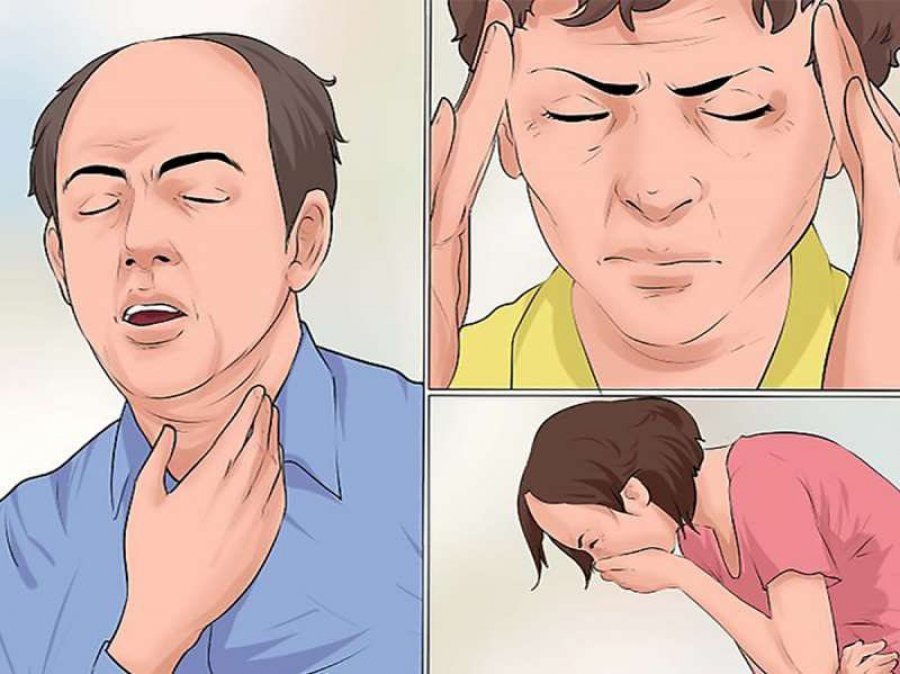 Among the main indicators: age, cholesterol level, body weight, blood pressure level, diet, etc.
Among the main indicators: age, cholesterol level, body weight, blood pressure level, diet, etc.
Many doctors note that the nature of the pain can help determine the type of attack it accompanies. Sharp pain behind the sternum or pain concentrated in one small area is associated with panic attacks. This pain is stabbing in nature and usually lasts 5-10 seconds.
According to Dr. MaryAnn McLaughlin, cardiologist at Mount Sinai Hospital, USA, patients with a heart attack in most cases report a feeling of tightness in the chest rather than pain. This sensation is comparable to the sensation that occurs when wearing a tight bra or as if something is constricting in the chest.
"There are certain types of heart attacks that are accompanied by a feeling of intense pain, but in general they begin with a feeling of squeezing, squeezing, which can spread towards the arms," explained M. McLaughlin.
The duration of the attack is also one of the key differences. Typically, panic attacks last up to 10 minutes, and heart attacks can usually last longer. If a person experiences the above symptoms for more than 5 minutes, seek immediate medical attention.
Typically, panic attacks last up to 10 minutes, and heart attacks can usually last longer. If a person experiences the above symptoms for more than 5 minutes, seek immediate medical attention.
There are some studies that indicate that heart attacks are often accompanied by intense physical exertion or feelings of anger or frustration. For example, if an older person is not used to exercise, they may be at risk of having a heart attack after exercising.
In contrast, panic attacks can occur both in a state of anxiety and in a state of calm.
However, if the person is unsure of what may have triggered the attack, it is best to seek immediate medical attention. Health professionals warn that the symptoms of a heart attack can often be overlooked, especially among women.
From www.medicaldaily.com
Panic attack chest pain: burning and heaviness in the chest
Often, pain and burning in the chest are symptoms of a heart attack, heart attack, intercostal neuralgia, osteochondrosis of the cervical and thoracic regions and other diseases.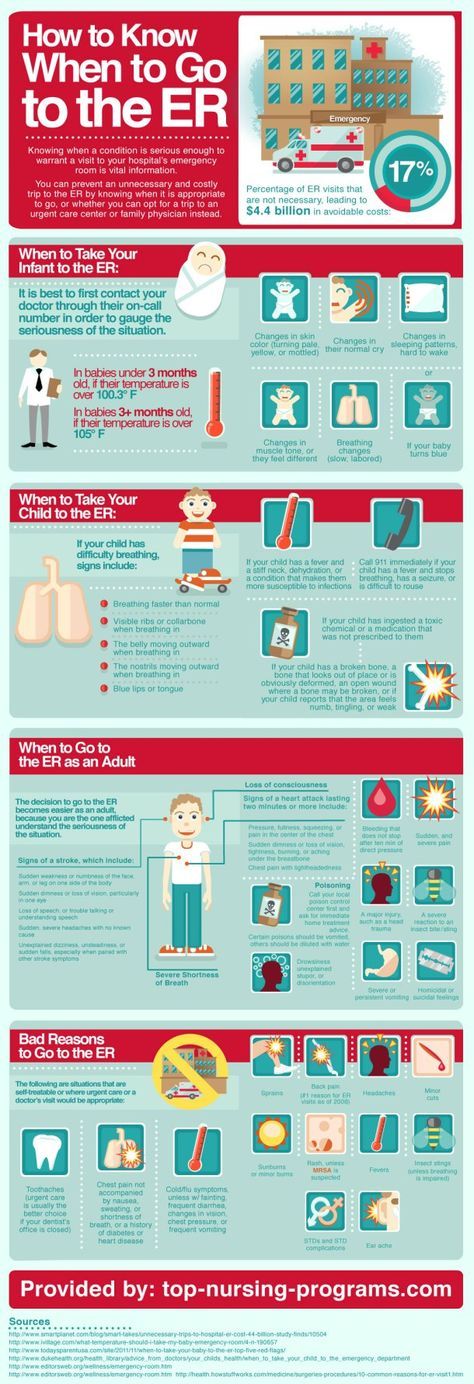 It feels like a layer of red-hot iron leaning against the inside, or like a tub of boiling water poured onto the chest. For people who have not experienced a panic attack, this is terrifying. The person suspects the worst and starts to panic even more.
It feels like a layer of red-hot iron leaning against the inside, or like a tub of boiling water poured onto the chest. For people who have not experienced a panic attack, this is terrifying. The person suspects the worst and starts to panic even more.
How to distinguish a heart attack from a panic attack?
-
Anxiety pain often develops when the person is at rest. The pain from a heart attack in most cases comes during physical activity.
-
Acute pain and discomfort from a heart attack often radiates from the chest to other parts of the body: jaw, shoulders, or arms. Burning in the chest during panic attacks always remains within the chest.
-
Anxiety pain develops quickly and subsides quickly as well. Typically, these outbreaks last no more than ten minutes. At the same time, pains related to cardiac disorders begin slowly and gradually increase.
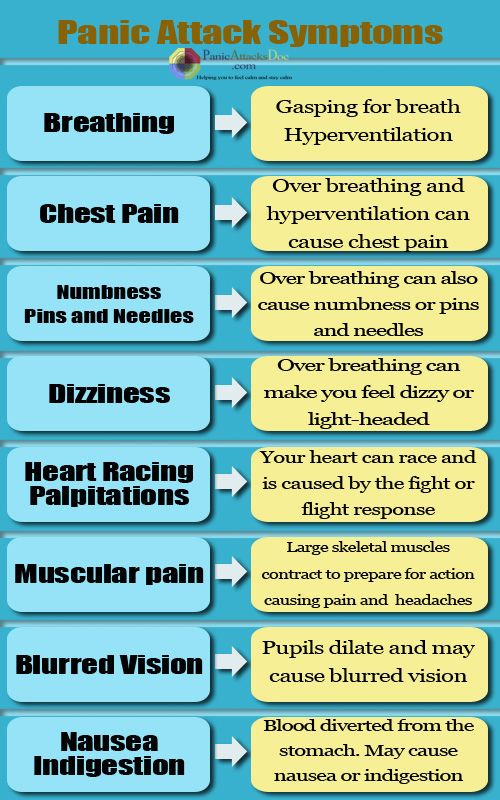
-
The pain in the chest during a panic attack is more severe than during a heart attack. In the latter case, people describe chest discomfort as tightness or heaviness.
Causes may include hyperventilation, cardiovascular disorders, digestive and gastrointestinal problems.
What to do about chest pain?
If:
-
there were attacks of coughing, accompanied by pre-syncope;
-
burning radiating to left shoulder blade/shoulder/side of jaw;
-
you have been lying down for 15 minutes and the pain does not decrease;
-
pulse accelerated, sweat began to stand out profusely, and there is vomiting.
Call an ambulance immediately.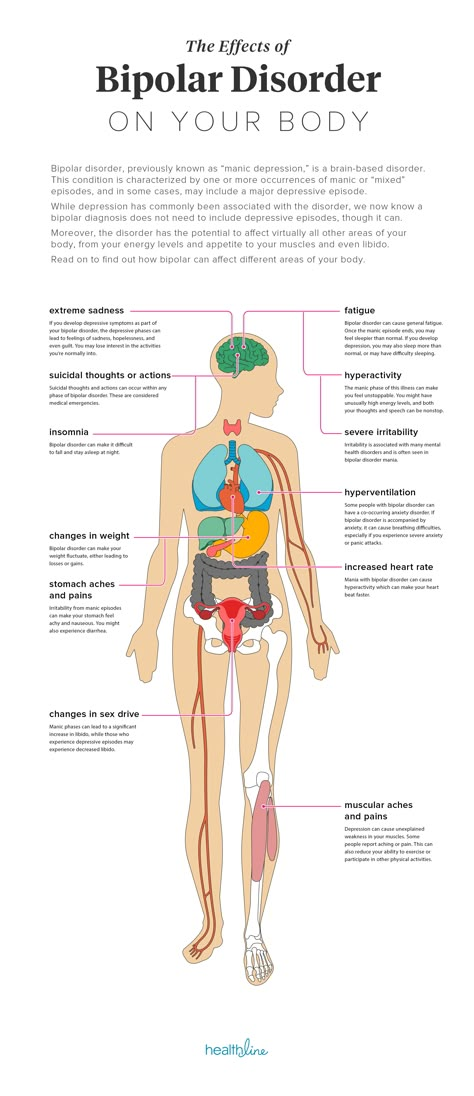 These are clear signs of a heart attack.
These are clear signs of a heart attack.
Otherwise:
-
First, make sure you're safe. If you are driving a car or bicycle, stop. If you are walking, lean against the wall.
-
Align breathing.
-
Counting from 10 to 1 and back.
-
Persuasion. Reassure yourself that the attack will end soon.
-
Concentration on abstract objects.
-
Chest massage. With light circular movements, he guides the affected area with fingertips, while not forgetting to breathe deeply.
What then?
If you have an attack for the first time, analyze what caused it. If panic attacks are persistent, get tested. In the case when pathologies in the body have not been identified, contact a psychologist or a psychotherapist.
In the case when pathologies in the body have not been identified, contact a psychologist or a psychotherapist.
Do not use medications without a doctor's prescription and do not self-medicate. Check your lifestyle.
-
Give up bad habits.
-
Introduce physical activity.
-
Quit smoking and alcohol.
-
Take walks.
-
Meditate.
-
Do breathing exercises.
-
Book a massage. Sometimes a burning sensation in the chest appears due to overexertion of some muscles.
-
Be careful with caffeine.
-
Avoid foods containing sugar.
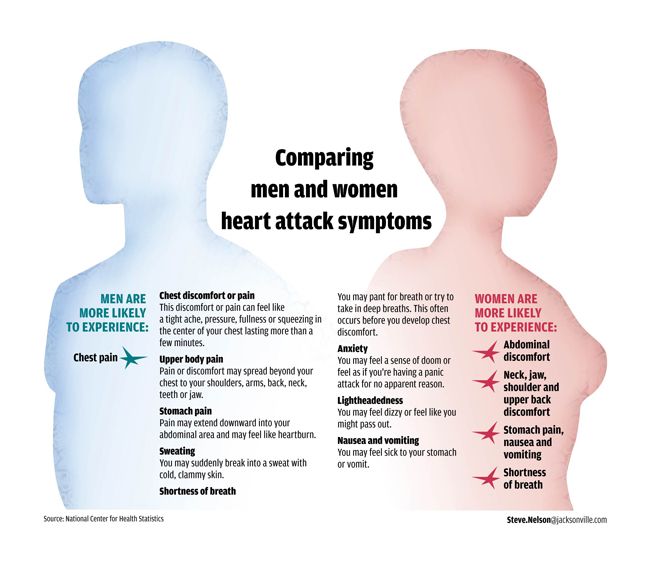
Remember that there are no incurable diseases, especially with modern medicine. Pay attention to rest, make sure that your sleep is healthy and in sufficient quantity.
Try not to focus on your fears, but to look for the root of the problem. Take apart the causes and effects “by the bones”, work out every little thing in detail.
Life is not scary. Love yourself.
- #pain
- #panic attack
Similar articles
11/23/2020
Olga Butakova
Throws you into a fever during a panic attack
Direction: Psychosomatics
Panic attack is not a cause, but a symptom. The symptom signals an excessive load on the body, with which it cannot cope. As a result, seizures occur, characterized by various manifestations:
Full text
- #Articles
14. 12.2020
12.2020
Olga Butakova
Psychosomatics of testicular cysts in men
Direction: Psychosomatics
Spermatocele (also called an epididymal cyst) is a dense sac filled with a liquid substance (including seminal fluid) that grows close to the outer layer of the skin. This sac is located in the scrotum and surrounds the back and top of the testicle. There are several main reasons for the development of this disease, but including the psychosomatics of the testicular cyst […]
Full text
- #Articles
11/23/2020
Olga Butakova
Psychosomatics of warts
Direction: Psychosomatics
Warts are small benign formations that appear on the skin. They are also called papillomas because they are the result of the activity of the human papillomavirus (HPV). Nodules can appear on the body as a result of a decrease in immune defense, which occurs during hypothermia, after an illness, or due to stress.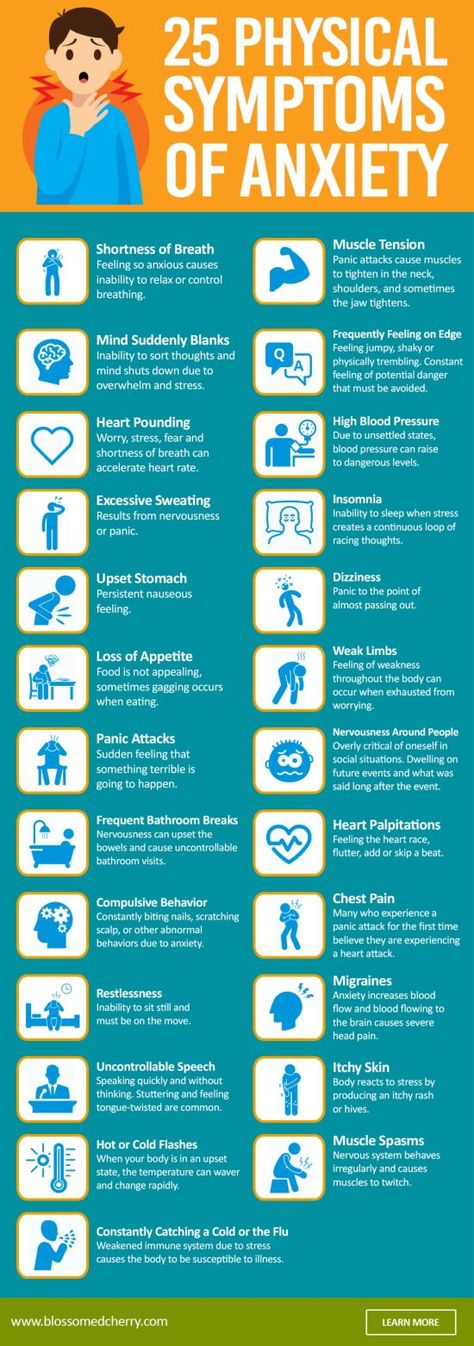 Therefore, in the treatment of these neoplasms, the psychosomatics of the wart plays an important role. What are warts […]
Therefore, in the treatment of these neoplasms, the psychosomatics of the wart plays an important role. What are warts […]
Full text
- #Articles
03/15/2021
Olga Butakova
Psychosomatics of overeating
Direction: Psychosomatics
Human eating behavior is determined not only by energy saturation, it also depends on psychological and social factors. The process of digestion is started and controlled by nerve impulses, but numerous studies indicate the existence of a neurochemical connection. The psychological state of a person is able to determine the functioning of the organs of the digestive system, in connection with which the psychosomatics of overeating is of particular importance. Overeating as a symptom of psychological disorders The basis […]
Full text
13.12.2020
Olga Butakova
Psychosomatics of tongue ulcers
Direction: Psychosomatics
Mouth ulcers are characterized by soft tissue damage in the area of the tongue, cheeks, lips, palate and larynx. This area is irritated and inflamed, forming a small wound or sore. Ulcers are at risk of bleeding, so it is important to control them and treat them promptly. However, it is not always possible to establish the physical cause of the appearance of such tissue defects. In this case, most likely, psychosomatics takes place [...]
This area is irritated and inflamed, forming a small wound or sore. Ulcers are at risk of bleeding, so it is important to control them and treat them promptly. However, it is not always possible to establish the physical cause of the appearance of such tissue defects. In this case, most likely, psychosomatics takes place [...]
Full text
- #Articles
11/21/2020
Olga Butakova
Psychosomatics of cat allergy
Specialization: Psychosomatics
Allergic reactions are a common problem in modern society. Allergy to animal hair can appear suddenly, it causes unpleasant symptoms, which many people fight with the help of pharmaceutical drugs. However, in some cases, drugs do not bring positive results, since an allergy to animal hair may be due to psychosomatic causes. Psychosomatics is one of […]
Full text
- #Articles
03/24/2021
Olga Butakova
Psychosomatics of shortness of breath
Direction: Psychosomatics
Shortness of breath can accompany many diseases, in particular the heart or cardiovascular system. However, it is also a companion of neurotic disorders, when, against the background of emotional overstrain, the normal functioning of the human body is disrupted. This phenomenon is referred to as psychosomatic symptoms. In this case, difficulty in breathing is usually not associated with any physical pathology, so this condition requires a special therapeutic approach. Shortness of breath and […]
However, it is also a companion of neurotic disorders, when, against the background of emotional overstrain, the normal functioning of the human body is disrupted. This phenomenon is referred to as psychosomatic symptoms. In this case, difficulty in breathing is usually not associated with any physical pathology, so this condition requires a special therapeutic approach. Shortness of breath and […]
Full text
01/18/2021
Olga Butakova
What is the task of a psychologist if they come to him for the fulfillment of dreams?
Direction: Psychology Psychosomatics Self-development
Imagine that you are a primary school teacher. September 1, the confused eyes of first-graders look at you. And you are telling the truth, understandable to anyone who has completed the 9th grade: ✅ at school it will not always be easy / interesting; ✅ you will have to learn a lot by heart, even if you don’t understand this topic; Good grades are no guarantee of success in life.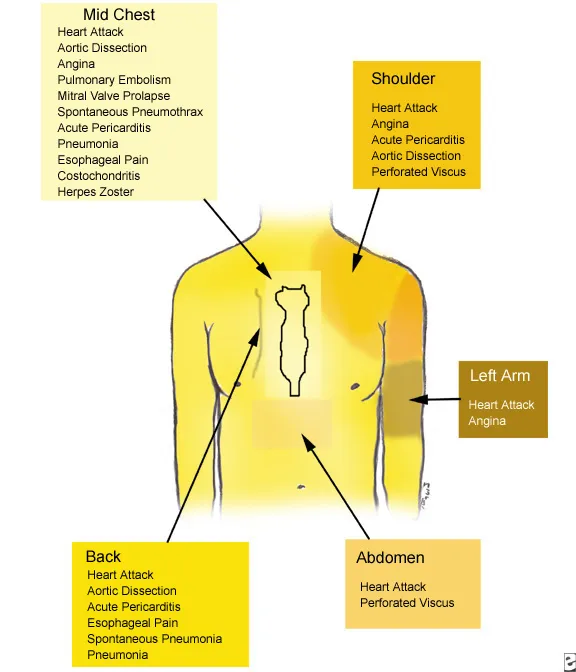 In a word, strain […]
In a word, strain […]
Full text
17.12.2020
Olga Butakova
Psychosomatics of pinching of the sciatic nerve
Direction: Psychosomatics
Discomfort and pain in the lower back and lower extremities can occur as a result of pinching of the sciatic nerve, in such cases, patients are diagnosed with sciatica. This disease has a non-inflammatory nature, as it occurs as a result of injury, infringement and other effects on the sciatic nerve. However, modern specialists are actively studying the psychosomatics of pinching the sciatic nerve, since in the course of numerous studies […]
Full text
12/18/2020
Olga Butakova
Psychosomatics of arthrosis
Direction: Psychosomatics
In modern medicine, not only the physiological causes of diseases are considered, but also the psychological prerequisites for their development.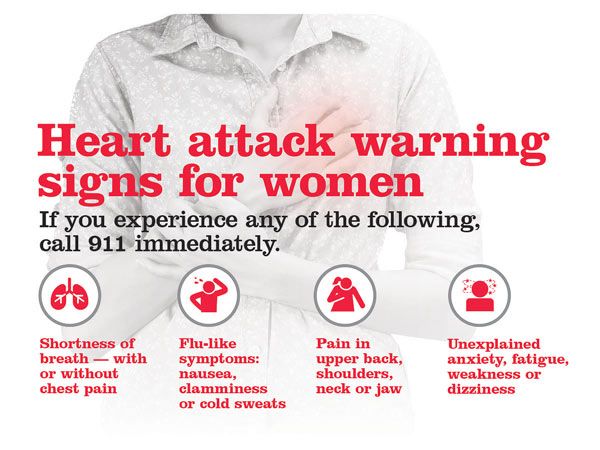 Some experts believe that stress, overexcitation and strong emotions can cause various pathologies, which include arthrosis. This disease is characterized by damage to the articular cartilage and metabolic disorders in this area. The psychosomatics of arthrosis describes the appearance of the disease as a kind of protective mechanism […]
Some experts believe that stress, overexcitation and strong emotions can cause various pathologies, which include arthrosis. This disease is characterized by damage to the articular cartilage and metabolic disorders in this area. The psychosomatics of arthrosis describes the appearance of the disease as a kind of protective mechanism […]
Full text
Courses that may interest you
Olga Butakova. Primary School of Health for All
Teacher: Olga Butakova
9 hours
Should we learn to be healthy? Obviously yes! Our health is our mission. And it is unlikely that anyone will want to solve it together with us, and even more so instead of us. Time is different. Is it simple? - Yes! It's simple. You have to understand what to do. And do things that improve health.
1390 ₽
Add to favoritesMore info
Olga Butakova. Antistress. 67 ways to get out of stress
Teacher: Olga Butakova
4.5 hours
Are you tired of being afraid? Tired of living in constant stress? Do you feel your energy drop? Do you understand that you need to work like never before, but you don’t have the strength? Constantly asking yourself the question "What to do"? And do not suspect that this question is actually supported by the hormone of motivation for your own safety.

